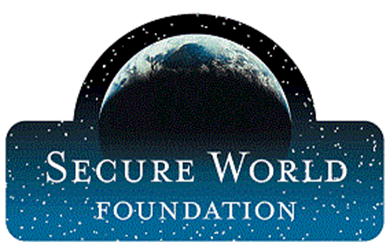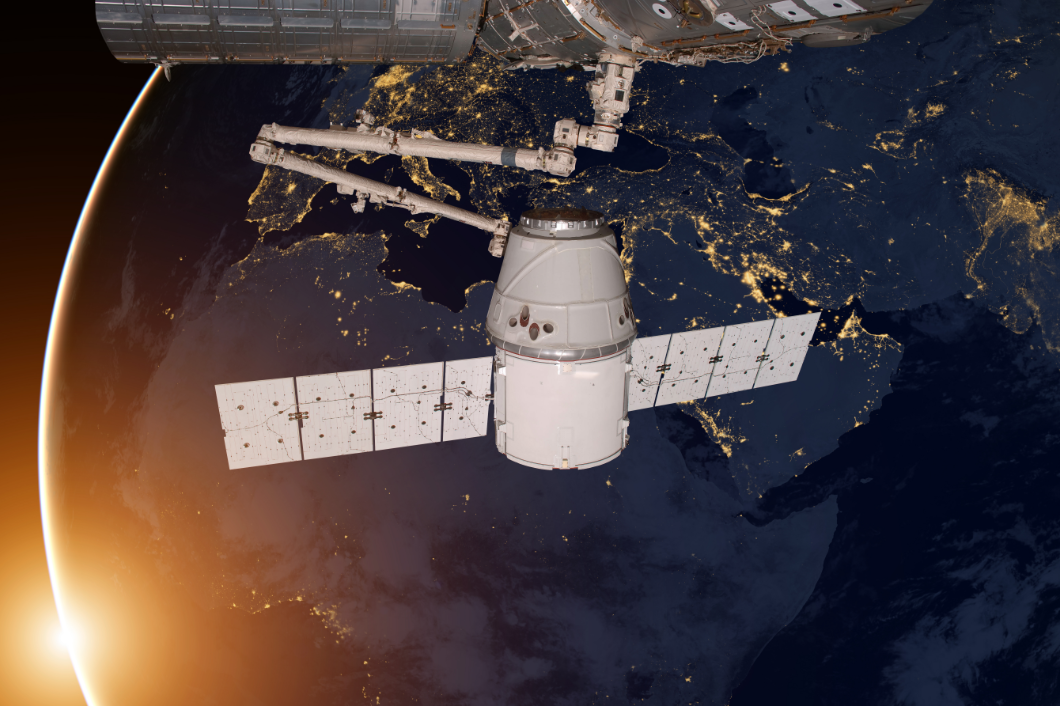
Practical information
Ifri and the Secure World Foundation (SWF) joined forces to organize a one-day conference in Brussels, addressing Transatlantic perspectives on Space security in the 2020s.

Some speakers used Powerpoint presentations. They are available for download at the bottom of this page
As the number of countries developing mature space programs grows, many developments are underway, be they the number of low-orbit constellations, the emergence of private players alongside traditional public actors, and an emerging concern with regard to space debris and to satellites with maneuvering capabilities. The conditions by which space can remain a safe and secure area, protected as a common good, are therefore changing rapidly.
The transatlantic space community needs to discuss ways to better manage this changing landscape, in order to mitigate the risk of losses of property or even geopolitical crisis. Indeed, several international assemblies have held recent meetings to address the need for more space security, transparency and awareness.
The one-day conference sought to clarify these issues and devised a way forward.
Panel 1 – 9am/10:50am: Current challenges to space security
The space environment is faced with a range of threats today: signal interference due to the growing number of space-to-Earth transmissions has occurred several times; the orbits are also crowded with countless objects, including debris, increasing the risk of accidental collision; cyber threats must also be taken into account. Furthermore, in-orbit maneuver capabilities, including space-tug, re-fueling, in-orbit repairs, as well as potentially hostile approaches, are under development. What is the state of these different techniques, and who are the main actors of these developments?
- Jean-François Bureau, Director of Institutional and International Affairs, Eutelsat Group: “Space security and commercial satellite operators”
- Marco Ferrazzani, Legal Counsel, Head of Legal Services Department European Space Agency: "European approach to space security"
- Theresa Hitchens, Senior Research Associate at CISSM, University of Maryland: “Current trends in space weaponization”
- François Raffenne, Manager, Strategic Planning & Analysis, ArianeGroup: “Industrial perspectives on space security challenges”
- Victoria Samson, Secure World Foundation: "Counterspace threat assessment"
Moderator: Laurence Nardon, IFRI
Panel 2 – 11:10am/1pm: Is the international community going anywhere?
The EU, the Committee on the Peaceful Uses of Outer Space (UNCOPUOS), the Conference on Disarmament (CD) and the Disarmament Commission (UNDC) are currently discussing best practices, long-term sustainability and confidence-building measures in order to tackle space security issues. What have recent developments achieved? What are the geopolitical challenges? What is the state of the discussions, at the EU level and at the global level?
- Pierre Delsaux, Deputy Director general, DG GROW, in charge of Space Policy and Defence Sector.
- Zacharie Gross, head of nuclear non-proliferation, disarmament and space security, French Ministry of Foreign Affairs
- Niklas Hedman, Chief, Committee, Policy and Legal Affairs Section, UNOOSA: “Space safety, security, sustainability at the global level”
- Daniel Porras, Space Security Fellow, UNIDIR: “Current UN Initiatives for the Prevention of an Arms Race in Outer Space”
Moderator: Victoria Samson, Secure World Foundation
Buffet lunch at Hotel Thon EU
2:15pm – 3:10pm: Keynote Speaker: John D. Hill, Principal Director for Space Policy, U.S. Department of Defense: “U.S. Perspectives on current trends of space security”
Panel 3 – 3:20pm/5pm: Space Situational Awareness (SSA): progress and difficulties
In past decades, the United States agreed to share most of the data related to orbit management, but the authority in charge has recently changed. What is now the situation? What does the EU, and its proposed Space program for 2021-2027, say about SSA? What are private companies doing in that respect?
- Mark Dickinson, VP Inmarsat, current chairman for the Space Data Association (SDA)
- Amélie Gravier, CNES, Secretary of the EUSST Consortium: "EU Space Surveillance and Tracking (EUSST) Support Framework: A Consortium of Member States Safeguarding European Space Infrastructure & Orbital Environment"
- Holger Krag, Head of the Space Debris Office, European Space Agency: "ESA's SSA Programme"
- Sebastien Moranta, Coordinator of studies, European Space Policy Institute (ESPI): “Towards a reinforced transatlantic cooperation: from SST to STM”
- Didier Schmitt, Space Task Force, European External Action Service (EEAS): "Assessing European needs for Space Surveillance and Tracking (SST)"
Moderator: Gérard Brachet, Space policy consultant, former Chairman of UNCOPUOS
Wrap-up remarks 5:00pm/5:30pm
Xavier Pasco, Director of the French Foundation for Strategic Research (FRS)
The conference will be held in English without translation
Speakers
Other events

Paris Naval Conference 2026: Naval Rearmament and Operations in Contested Waters
This fourth edition of the Paris Naval Conference (CNP), bringing together high-level military, industrial, and academic speakers, will address the challenges associated with general naval rearmament and naval operations in increasingly contested environments.







